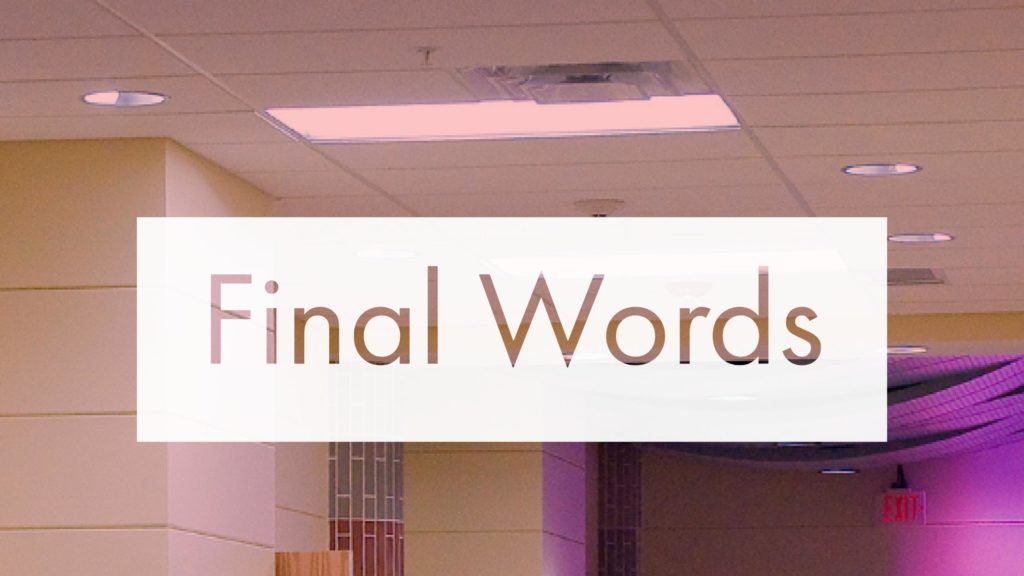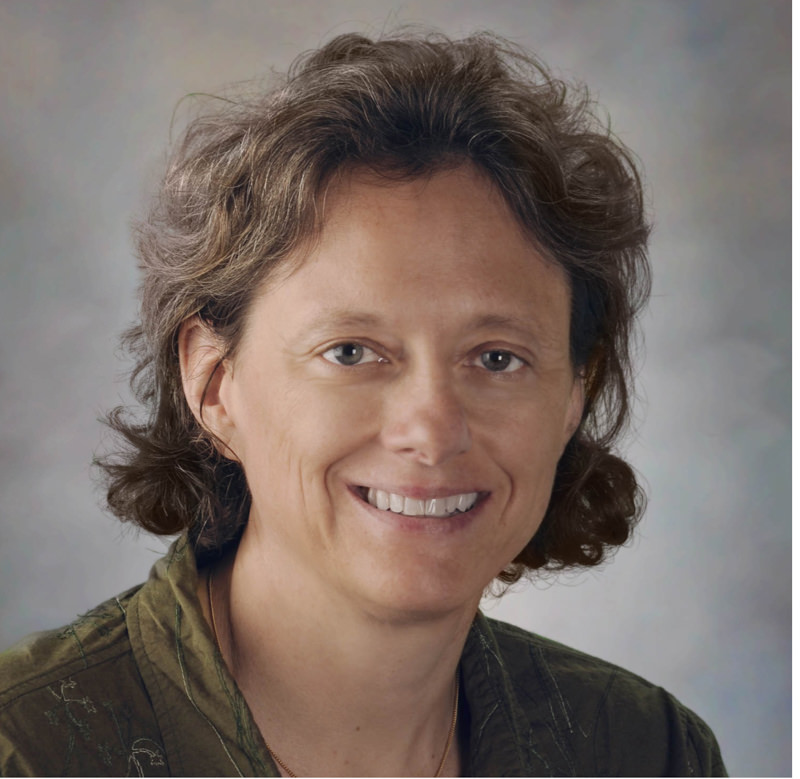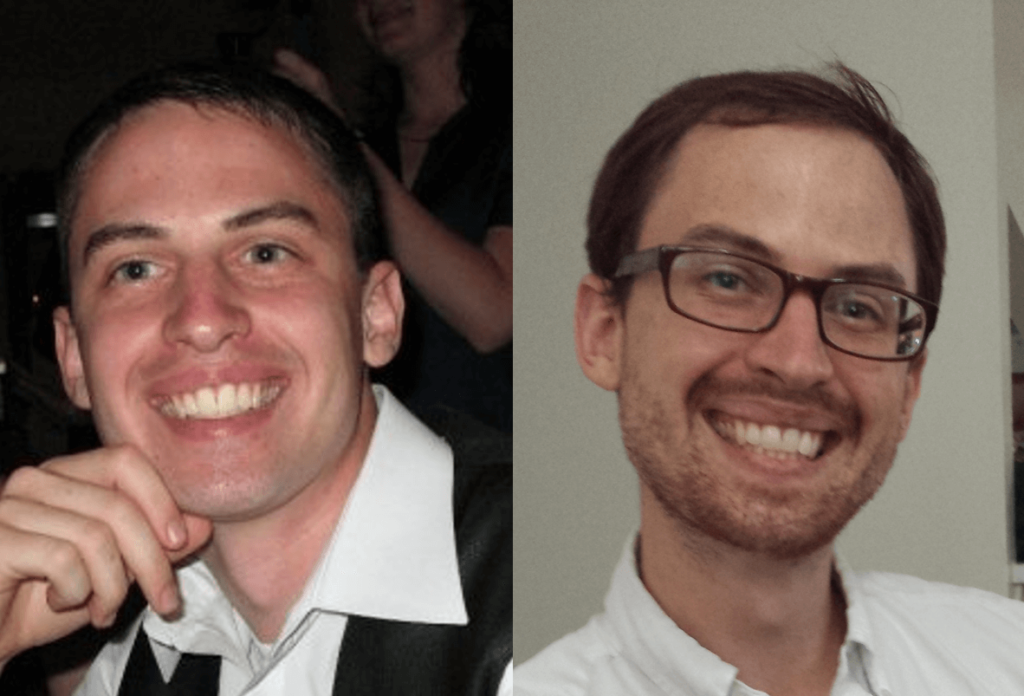Congrats Dr. Michael Walsh: Newest Graduate of The Biology of Aging Track

The Pipette Gazette recently had the opportunity to interview, Dr. Michael Walsh, a doctoral student in Integrated Biomedical Science (IBMS) Graduate Program – Biology of Aging Track, working under the mentorship of Dr. Holly Van Remmen. The title of Dr. Walsh’s thesis was “The Effect of the Histone Deacetylase Inhibitor Butyrate on Age-Related Muscle Atrophy.”
Dr. Holly Van Remmen, Michael’s mentor, had the following to say:

“I have really enjoyed the opportunity to mentorMichael Walsh as he earned his PhD degree. Mike has assimilated all the
important attributes that make a successful scientist. He is thoughtful,
hardworking, an independent thinker, determined, and above all, he has an
outstanding collaborative nature. I am excited about what he will do in the next stage of his career and proud of what he has accomplished.”
And of course, the Pipette Gazette (PG) asked him three questions:
 [PG] What did you learn during your graduate student career?
[PG] What did you learn during your graduate student career?
[Dr. Walsh] Beyond the techniques, I learned how to think critically about my science, make priorities and manage projects. I learned to enjoy failure.
[PG] What’s next?
[ Dr. Walsh] I am escaping to South Dakota with my wife and kids to spend a few weeks in (relative) isolation. When I get back, I am going to finish up some projects I have been working on with Holly while I anxiously wait to hear about a postdoctoral fellowship.
[PG] Any advice for your fellow graduate students?
[Dr. Walsh] You could easily spend 50 hours learning a new technique, or you can find someone with expertise to teach you this new technique. Even better if this expert is not in your lab, or even not at UTHSCSA. After you learn the new technique, convince everyone you know that you just learned a really important assay. Since you are now the only person at the university that knows this amazing new technique, people will be coming to you to collaborate.
Take part in at least one major project that is not yours. Postdocs and junior faculty are always looking for someone to do work for them. Out of necessity, they are driven to publish often and will help you get your name out there in the scientific world. They will likely teach you something along the way.
Find at least one other person to make a major contribution to your own project. Since I started six years ago, I cannot recall a single paper in a high impact journal using vertebrate models that has fewer than three authors. Collaborators will strengthen your science and make your life a lot easier. You will not succeed in isolation.
Faculty members might tell you that now is not the time to start a relationship, have kids, spend a month in Tahiti, etc. This is terrible advice – you will not be any less busy in the future. Is your mentor less busy than you? Are the postdocs in your lab less busy than you? Grad school is the perfect time to make major life changes, so try to have a life outside of lab.
Grad school is also the perfect time to become a well-rounded scientist. You may find that you still love your project after working on it for four to six years, but you may never want to think about the subject again. You can use a postdoc to change directions in your research, but if you haven’t been reading widely you won’t know which direction to turn.
I cannot recommend enough joining a large lab. Large labs offer many benefits, including money for research and travel, contacts and research support. You want at least two postdocs for every student, because students take up more of their mentor’s time and postdocs can help you out when you have an absentee mentor. You might think that in joining a small lab you will get plenty of one-on-one time with your mentor. However, the goal of a Ph.D. is not to become a carbon copy of your mentor. By the time you finish your project, you should be the expert, not your mentor.
